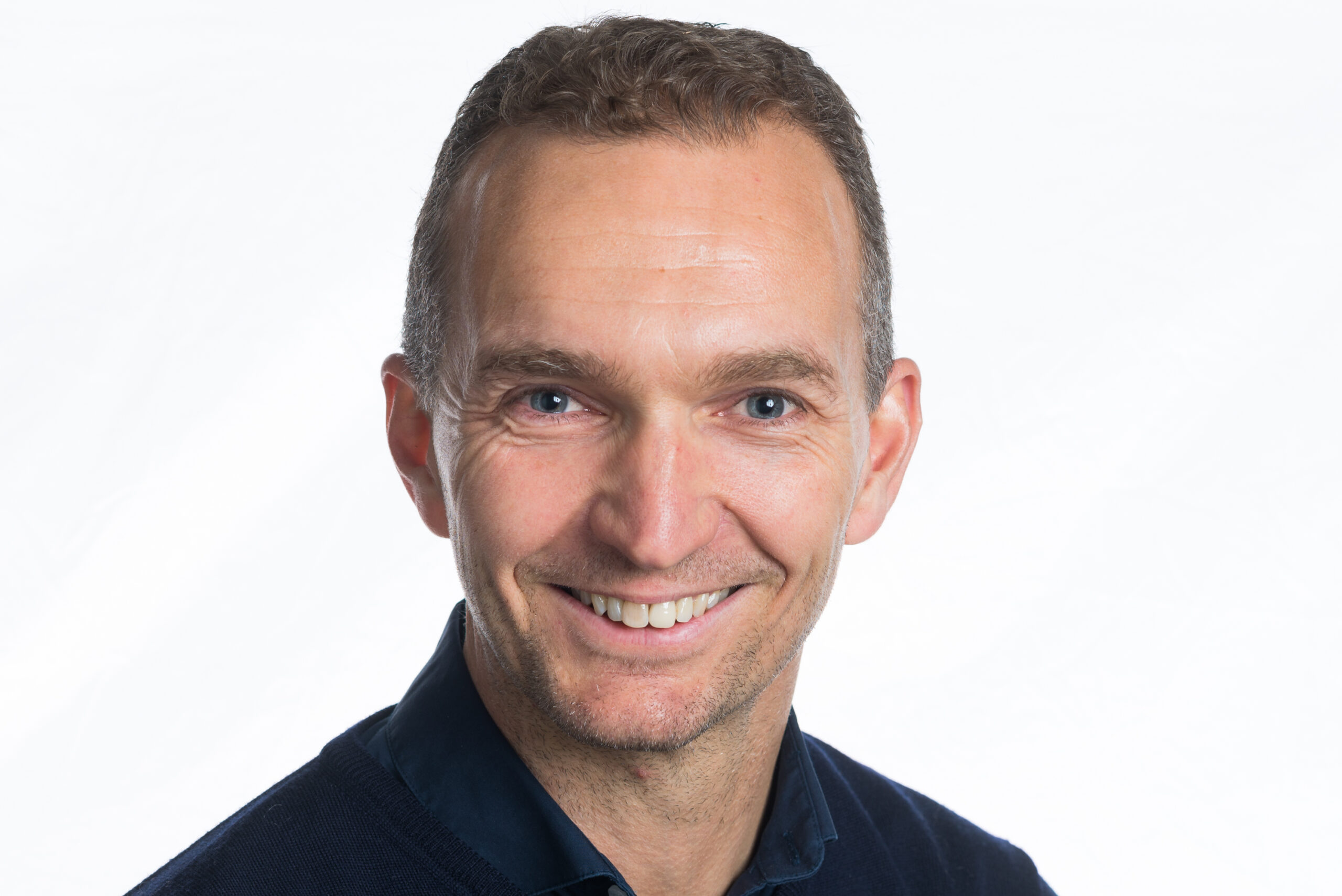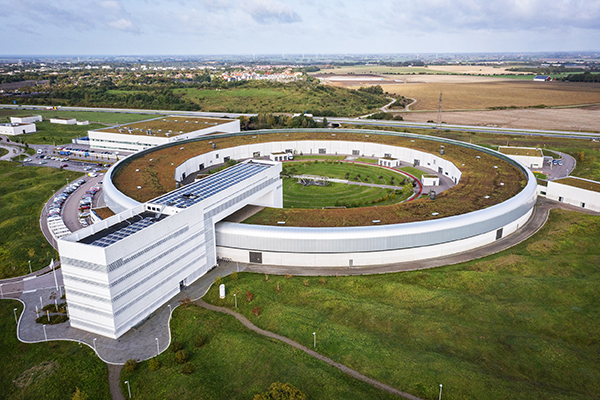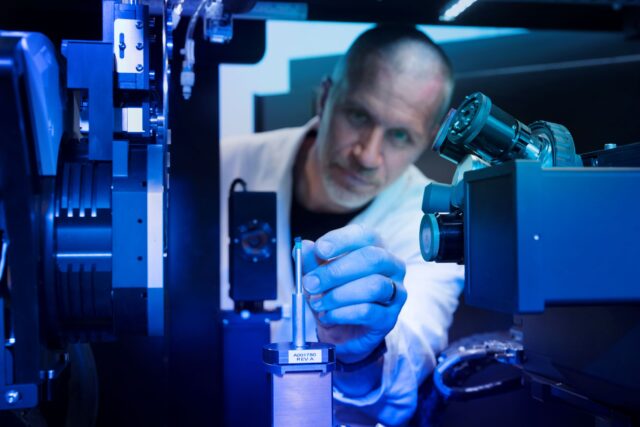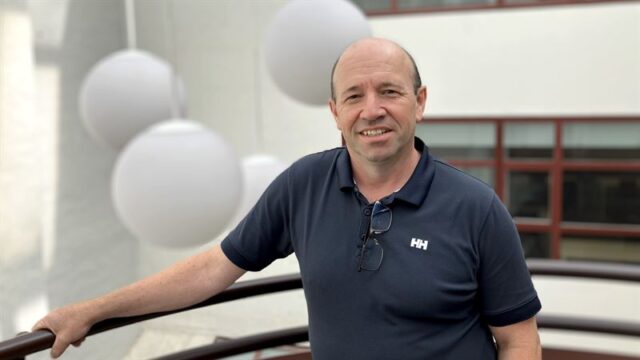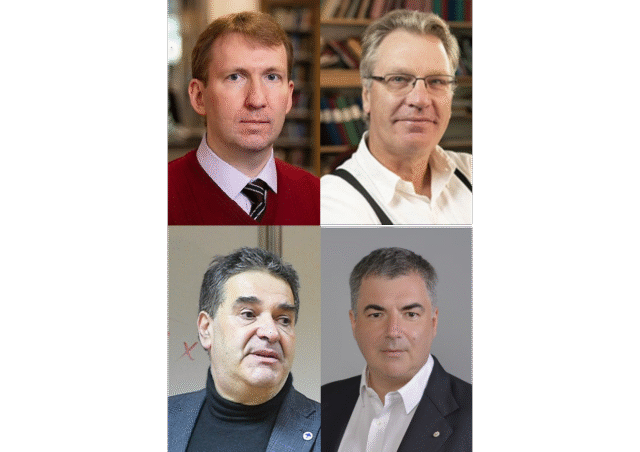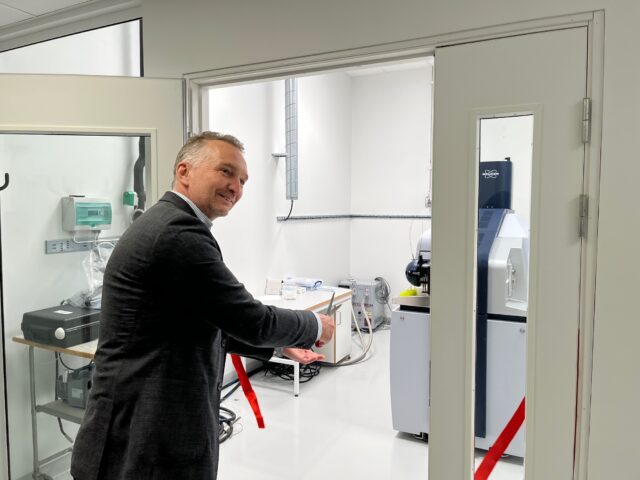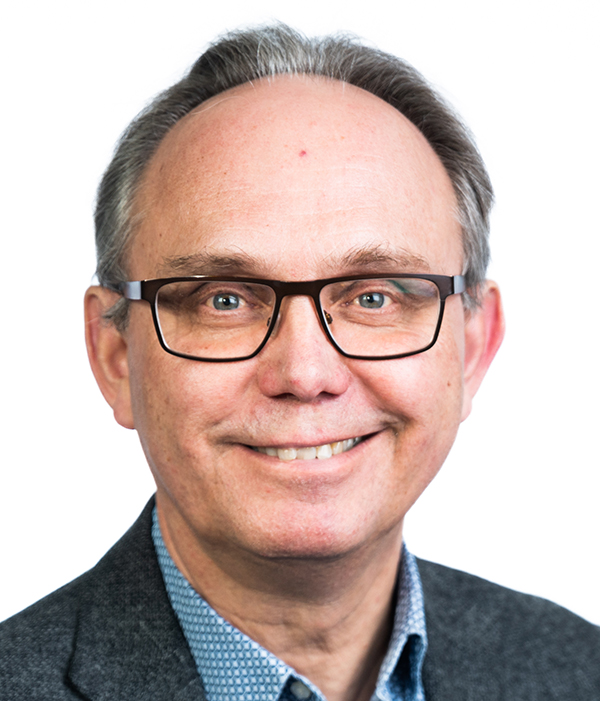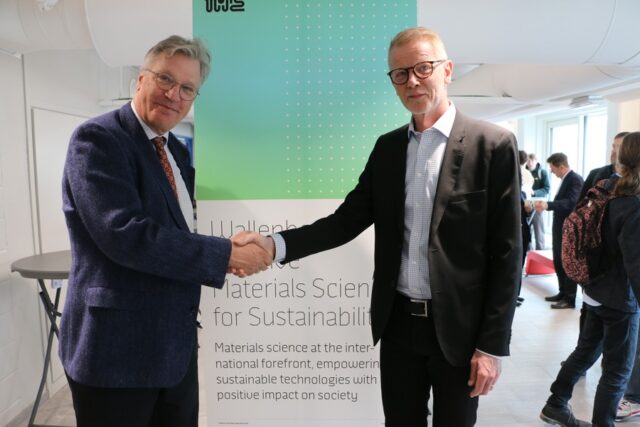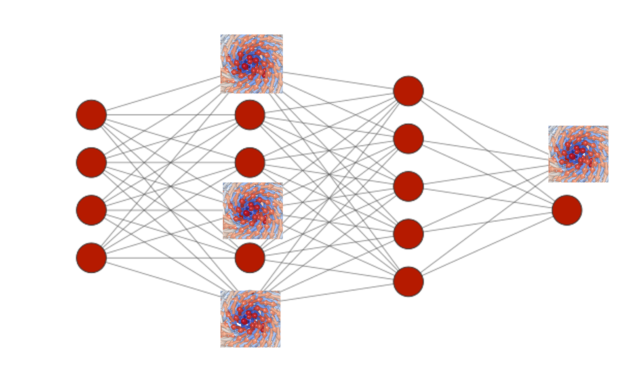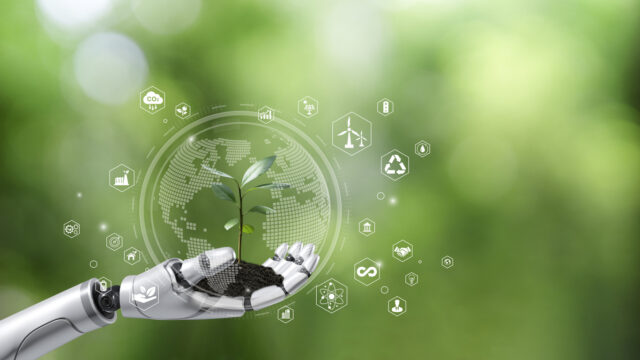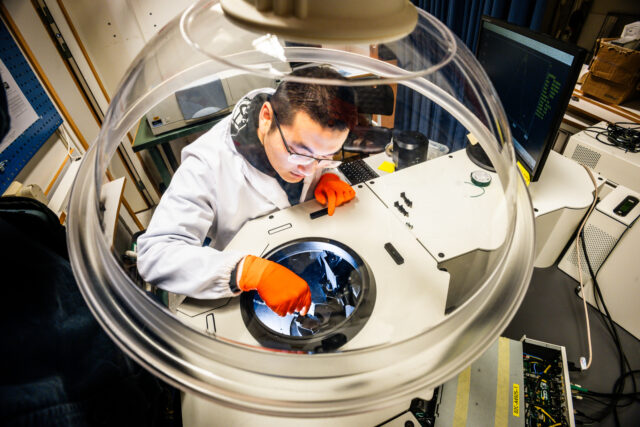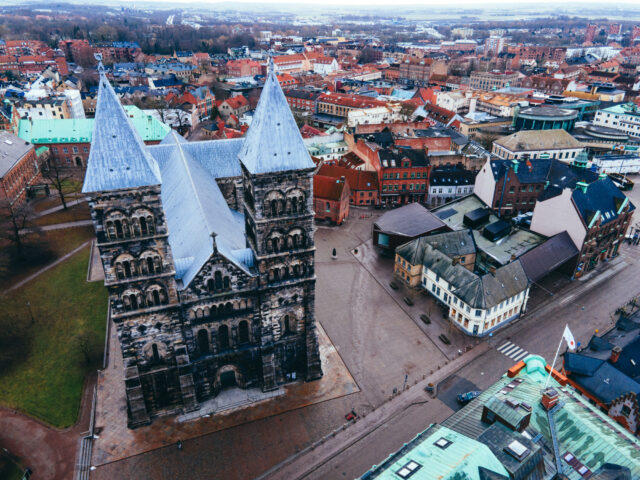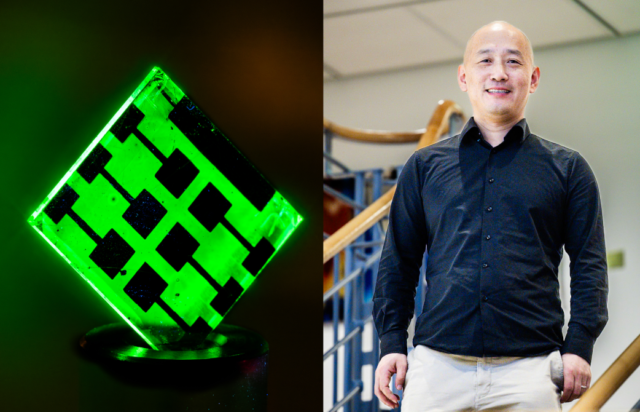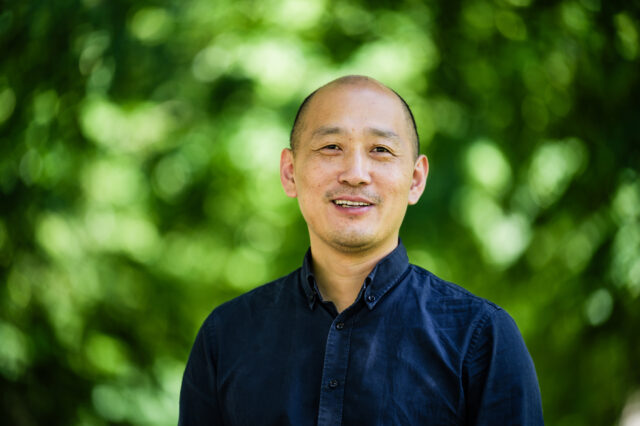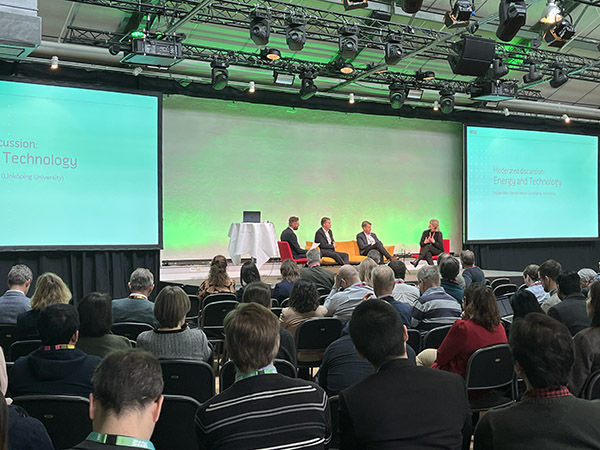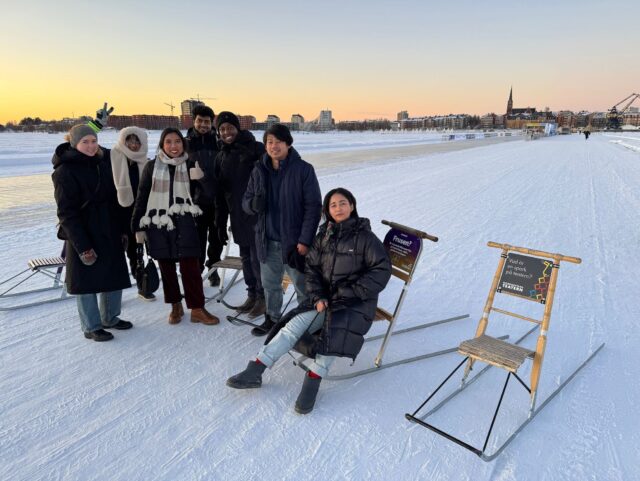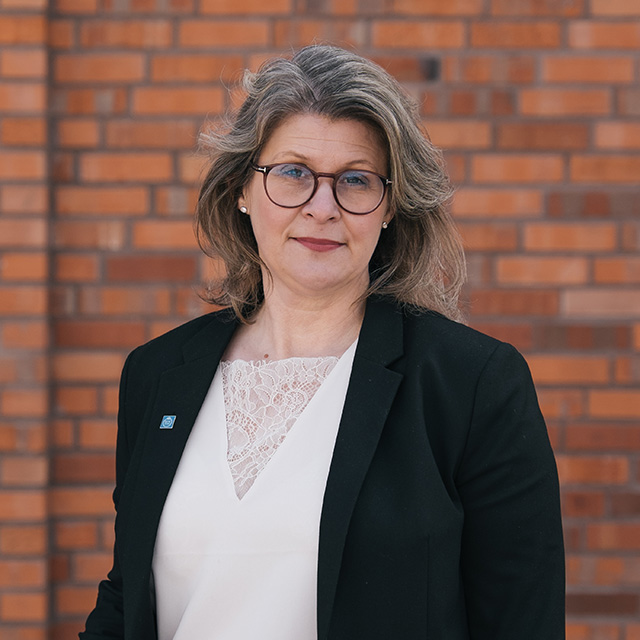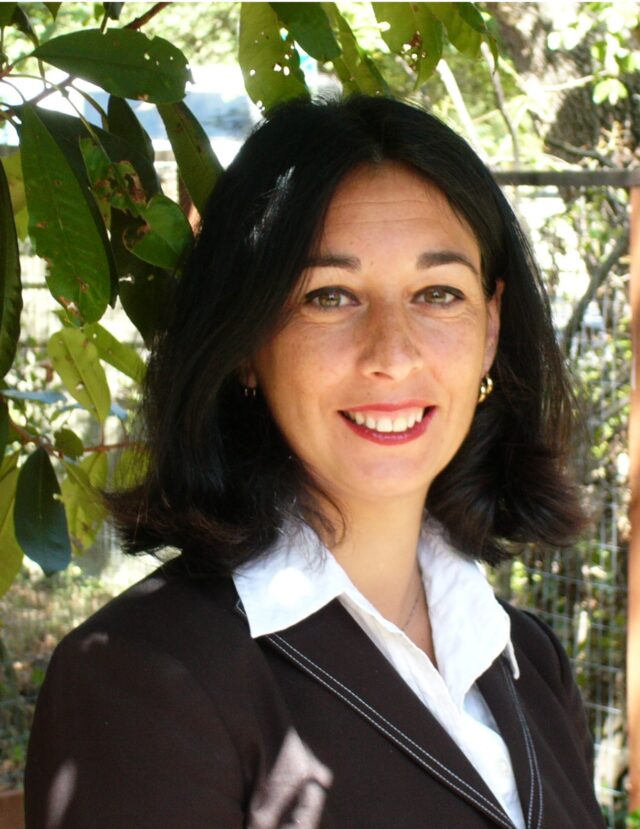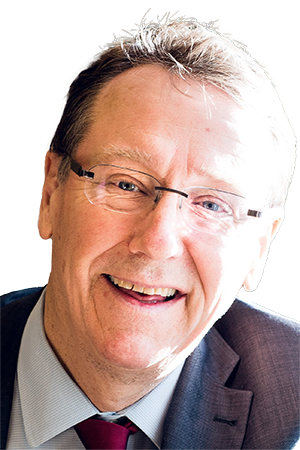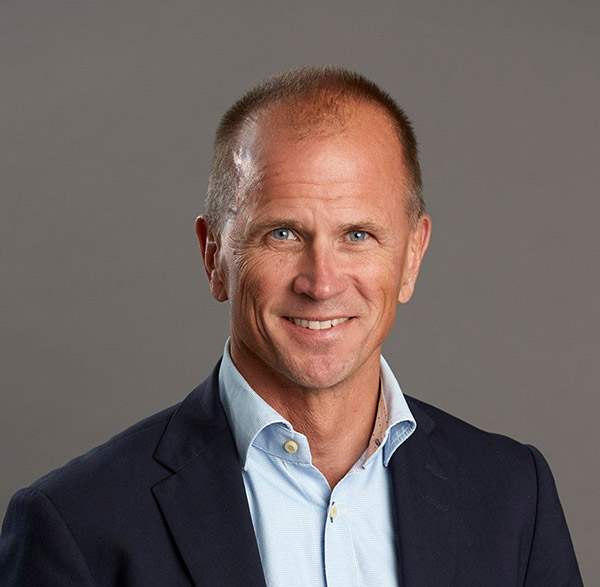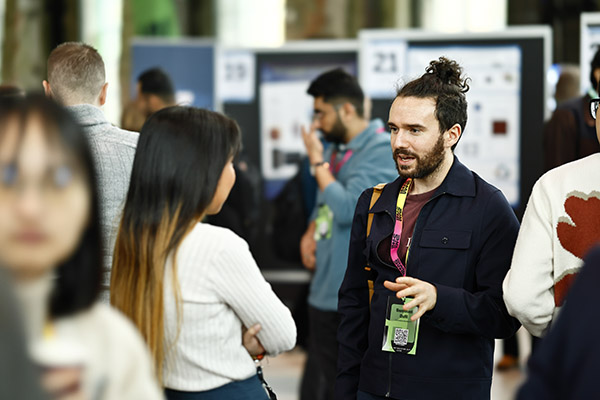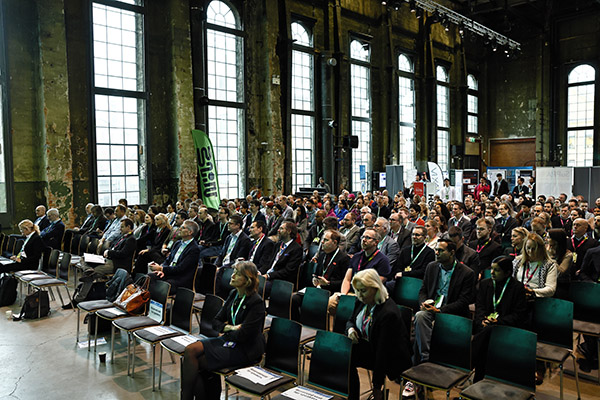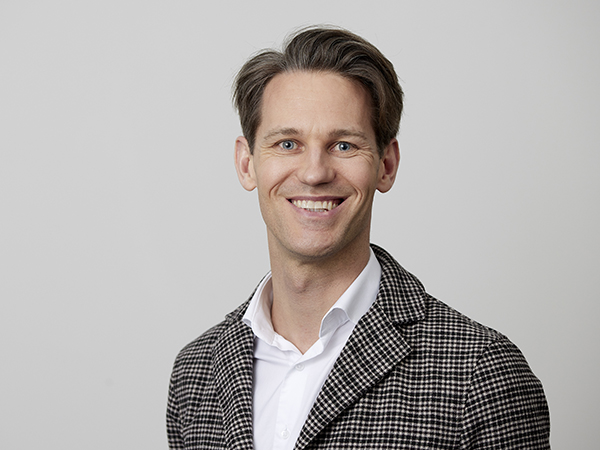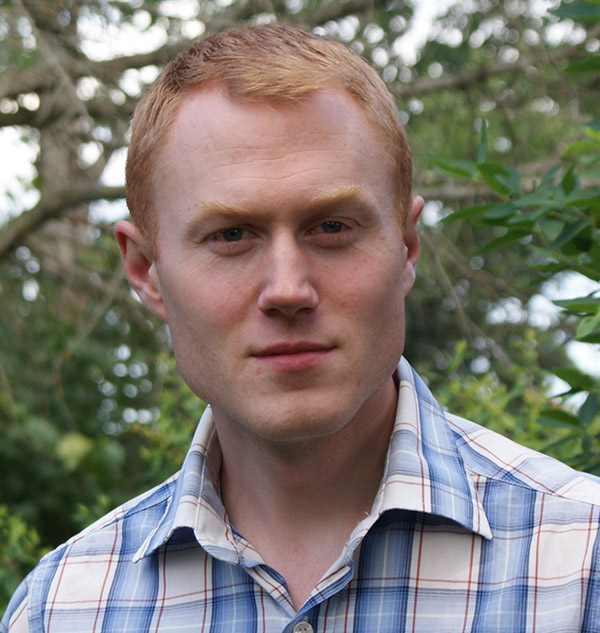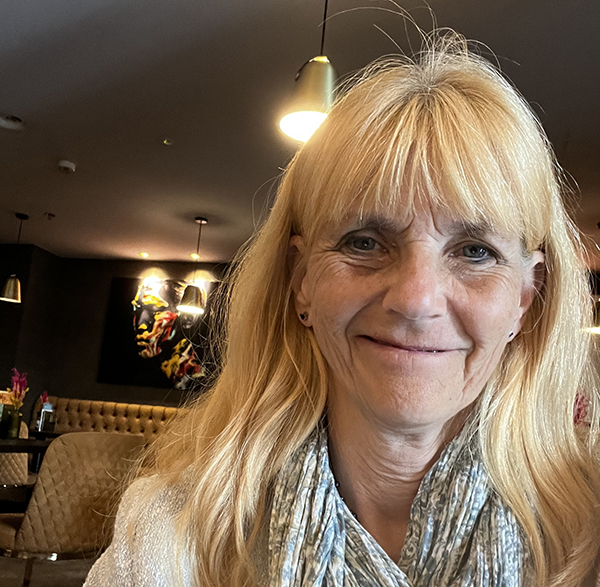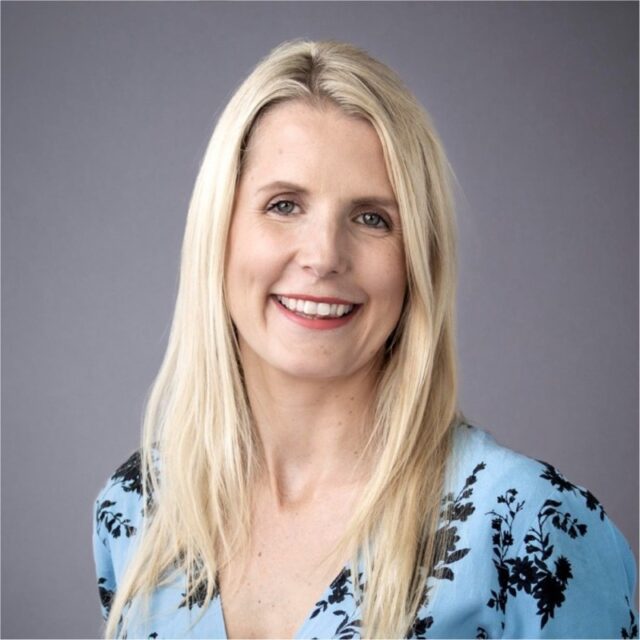Professor Berggren is one of the pioneers of the Printed Electronics, Organic Bioelectronics and Electronic Plants research areas. In 2012, he was elected member of the Royal Swedish Academy of Sciences and in 2014 he received the Marcus Wallenberg Price. Since 2022, he has been the director of the WISE program.
What are the challenges regarding sustainability for materials science at the beginning of the 21st century?
One of the most important challenges for materials science today is to create and develop sustainable solutions to address some of the critical needs of our society. The development of humankind has been strongly dependant on the use of existing materials and the discovery of new ones. However, we have done so with little thought about their abundance and availability and the negative impact on the environment produced during their extraction and processing. The challenge is then to change our overall attitude and develop sustainable and efficient processes to maintain the biodiversity of our planet and protect our environment. The European Union has done important progress in raising awareness by, for example, setting up tough sustainability goals in many areas such as clean energy, and reduction of CO2 emissions.
What motivated/inspired the creation of WISE?
During the last couples of years, the Knut and Alice Wallenberg foundation collected scientific, industrial and societal input and concluded that materials science for sustainability is a critical spearhead in the battle against climate change. Finally, they contacted me and asked if I could draft a research proposal to formulate and develop this idea further. With great enthusiasm, I immediately contacted Olle Eriksson and other scientists and set out to work on creating the WISE research programs, now summarized in the WISE matrix.
How can WISE contribute to a major societal transformation?
Today, it seems quite clear that adopting a set of mind that respects our planet by searching for sustainable solutions is the only winning strategy to stop the effects of climate change and to offer future generations a better life. WISE will generate new knowledge that can be converted into sustainable engineering solutions to problems within the research matrix of WISE. Of course, in the future, the aim is also to keep revising and developing the matrix to include more aspects and make sure that we are prioritizing correctly and in a timely manner.
As a researcher, what materials science challenge is closer to your heart?
I am interested in energy conversion from different states, for an array of different energy technologies, and doing so with smart materials at high efficiency. For example, the conversion of solar radiation into electricity or hydrogen using solar cells and (photo)electrolyzers, respectively, are highly interesting and crucial for our future. I ask myself questions such as, how to do such a transformation even more efficiently? Can we identify the materials science questions involved in these transformations? I would like to understand the limitations of such energy conversions; is the transport of charges the issue, or diffusion of matter, or perhaps electrocatalytic phenomena? Can we identify and control these associated energy losses, and what are then the material science opportunities to improve performance of final energy technologies?
